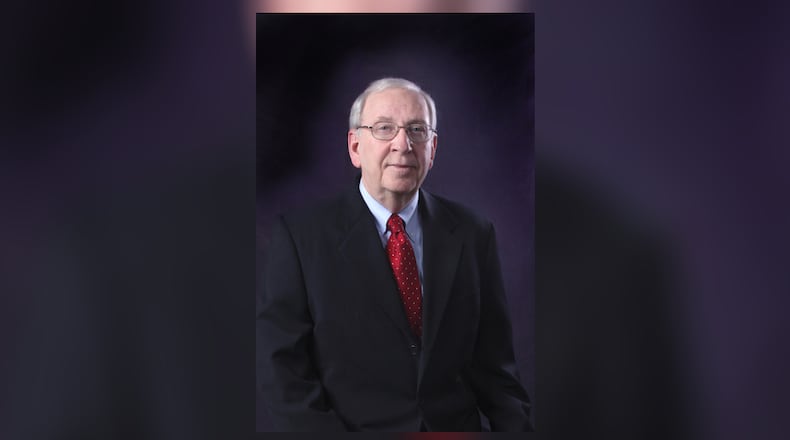Limiting voting this way will affect active-duty military who are serving all over the world. The Army post office works pretty well, but this bill makes sure any delay from any post office wipes out your vote if you are on active duty.
On December 24, 1776, George Washington commanded an Army that was being chased across the New Jersey barrens. It had numbered close to 20,000 at one time, but was now a hollowed-out shell.
They were “some few lads and old men.” They were white men, Black men, American Indians, and foreigners. They were farmers and skilled craftsmen, artisans, shoemakers, saddlers. carpenters, wheelwright’s, blacksmiths, coopers, tailors, and ships’ chandlers. They were fisherman from Marblehead who saved Washington’s troops repeatedly in the retreat from New York.
Even as the British pursued and every man was needed, 2,000 of his troops walked away, their enlistments over. Nothing stood between the British and total victory but George Washington and perhaps 6,000 men, wanting firearms, food, clothing, and shoes, but not beaten. Washington’s judge advocate wrote his fiancé that he could not come home to Boston because “I cannot desert a man (and it certainly would be a desertion in a court of honor) who has deserted everything to defend his country and whose chief misfortune, among ten thousand others, is that a large part of it wants spirit to defend itself.”
On the 24th, Washington called his officers together and ordered a three-pronged attack on the Hessians across the Delaware River at Trenton. The crossing was made at midnight on Christmas day in a howling ice and snow storm. Men froze to death and one officer wrote he could follow his soldiers by the tracks of their bloody feet in the snow. That army rallied in the worst of circumstances to save the cause- and the cause was liberty and the result was a democracy guaranteed by the Constitution. Those men in that army are symbolic of all our veterans. They did not talk about freedom; they fought for it.
I hope the governor does not sign the bill limiting voting rights, the rights of men and women serving all over the globe. Politicians love veterans when they are useful political props. The governor ought to love them more than the legislature.
“These are the times that try men’s souls. The summer soldier and sunshine patriot will, in this crisis, shrink from the service of their country; ...”
David Madden is a retired trial attorney, a mentor at the University of Dayton Law School and a spokesperson for the ACLU.
About the Author
